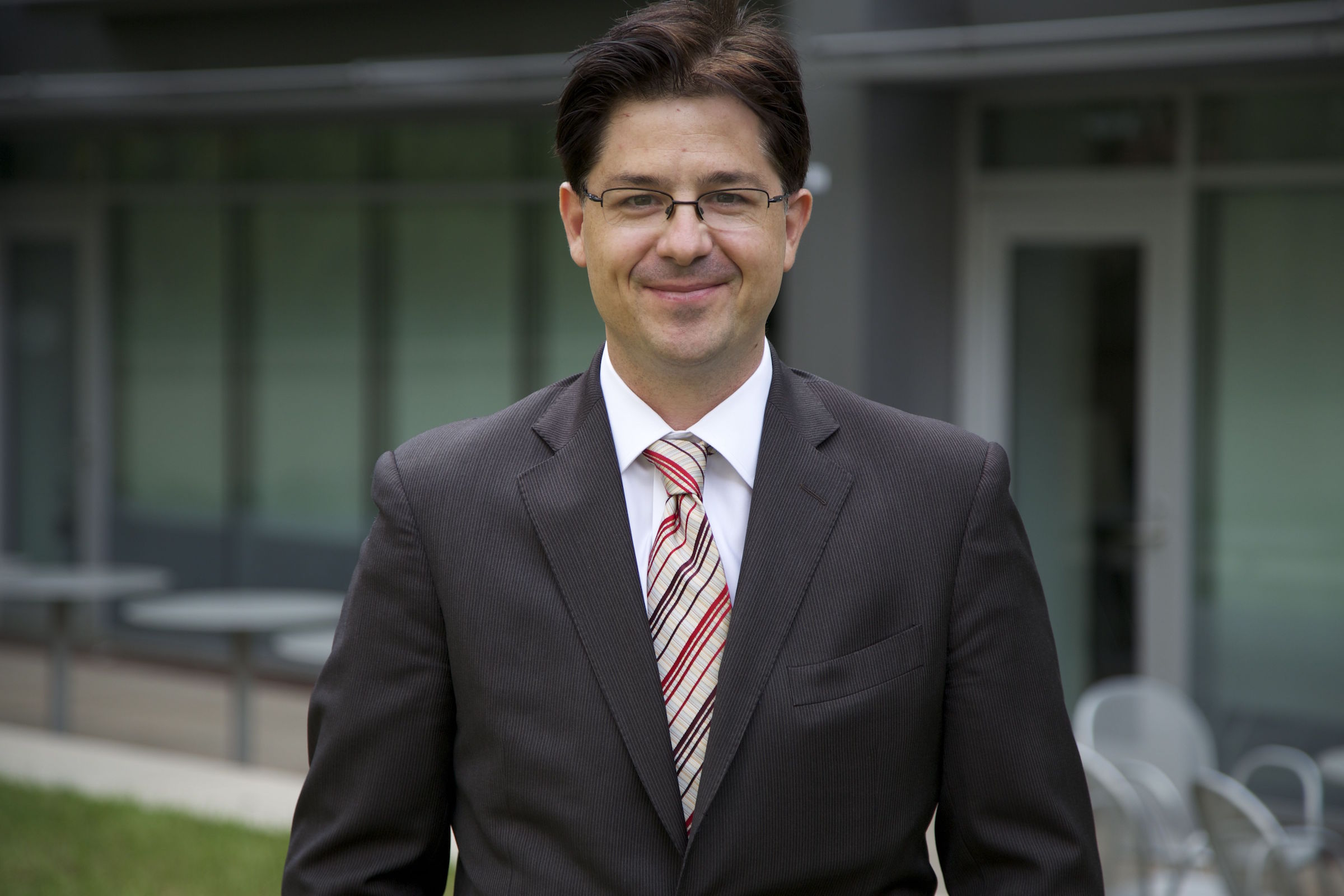In fact, at every “Conseil de classe”, we observe the symbolic and at times distressing significance that la moyenne has gained over time. Who hasn’t ever heard a student set a goal for himself or herself of achieving a moyenne of X for the trimester? Who hasn’t heard a conseil begin with the description of a student’s progression using the expression “he/she is finishing the trimester with a 14.3 average …” preceding a teacher’s more general remarks.
There is nothing objectionable about that, of course, provided one is conscious of the limits of this tool for which no official regulation defines either the method of calculation or its use. With conseils de classe just a few weeks away, it seems to us that it would be useful to review the way these averages are calculated at the Lycée and to suggest a few precautions to take in interpreting them.
What are we calculating?

If a moyenne is a factor in assessing a student’s level (a vague concept that also merits questioning), we need to examine how reliable they are, and further, how precise. In particular, we adults as well as students need to be clear about the fact that these averages are also the result of choices that have a certain degree of arbitrariness. What weight should be given to one subject compared to another? How should electives factor into this calculation? How many electives should be taken into account? These are but a few examples of the questions that arise.
The response to these few questions, among many others, can have an impact a student’s moyenne. It would be impossible to declare that a student who has an overall average of 14.8 is better than another student whose average is 14.5.
How then should we proceed? Should we only calculate the overall average?

Let’s begin first with the second of these two questions. Reference to the moyenne is everywhere, beginning with the French baccalaureate exam in which candidates pass if they have an overall average of at least 10. Furthermore, Canadian universities make it a component in their evaluation of students’ applications.
More fundamentally, moyennes, like the grades based on which they are calculated, remain very efficient tools of understanding, which still have their place within our school.
The remaining issue then is being clear about why and how we calculate la moyenne at the Lycée. Without an official regulation to set the method of calculation, we have relied on the procedure established for the French baccalaureate exams, including the adoption of their coefficients for different subjects and electives.
For example, for students in the ES program, a mathematics grade has a coefficient of 5, and the second modern language has a coefficient of 3. These coefficients reflect the relative weight of these subjects within the ES program. This framework is only applicable once the students have chosen their baccalaureate program, as they do in eleventh grade.
From sixth- to tenth grade, the Lycée does not have a hierarchy of subjects based on courses of study. Each subject, therefore, has a coefficient of 1. Though certainly this approach could be discussed, it does have the virtue of giving equal weight to all subjects and works well with the Lycée Français de New York’s desire to encourage all students to have a solid culture générale, or foundation of knowledge and understanding across all subject areas.
Nothing but nuance
Our intention is not to question the idea of la moyenne, but rather to guide students and parents in understanding its value, how it is measured and its arbitrary nature in some ways. Certainly, it is a gauge, but in no way a complete measure a student’s achievements, which must be considered in terms of their broader program of coursework and activities that aren’t necessarily captured on a report card.
About the Author :
Originally from Alsace, Nicolas L’Hotellier has been the Assistant Head of School at the Lycée since 2009. After obtaining a master’s degree in mathematics and a teaching diploma, he taught for five years in France and then served as Assistant Principal in a collège and a lycée. In 2008, he obtained a master’s in management specializing in the administration of public educational organizations. He likes to foster students’ curiosity and encourages respect for others in all students. Nicolas is married and the father of two boys.


